Imaging a simple double-dispatch event handling scheme:
It's cool. Moreover it works. However I see several issues here:
- EventHandlerInterface must explicitly know all the events.
- As a result of (1) handlers may have large space overhead because of subscribing for unused events.
What I want this structure to be, looks more like this:
As you can see, I want separate event types produced by different modules and I want for each module to implement only necessary event handling interfaces. I am not sure how to tie this all together. Ideally I would like to have a list of EventServices ready to accept any event.
One thing, I can think of here, is to have an inherited EventService for each EventHandlerInterface type and downcast event handlers to the certain type inside notify method. However it is not type safe and looks like an ugly idea.
Second approach, I can see, is to make EventService a template and statically check template argument to be a child of EventHandlerInterface. That would be type safe and will almost do what I want. However this way I can not store all EventServices into one list/vector as I would like to. Therefore this approach is not preferable.
Actually it feels like I am looking the wrong way but how to find the right one I don't know.
Thanks!

